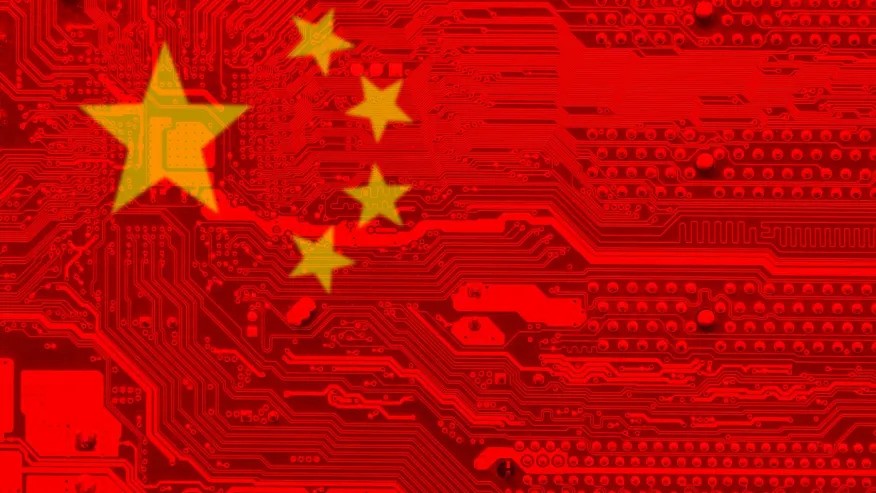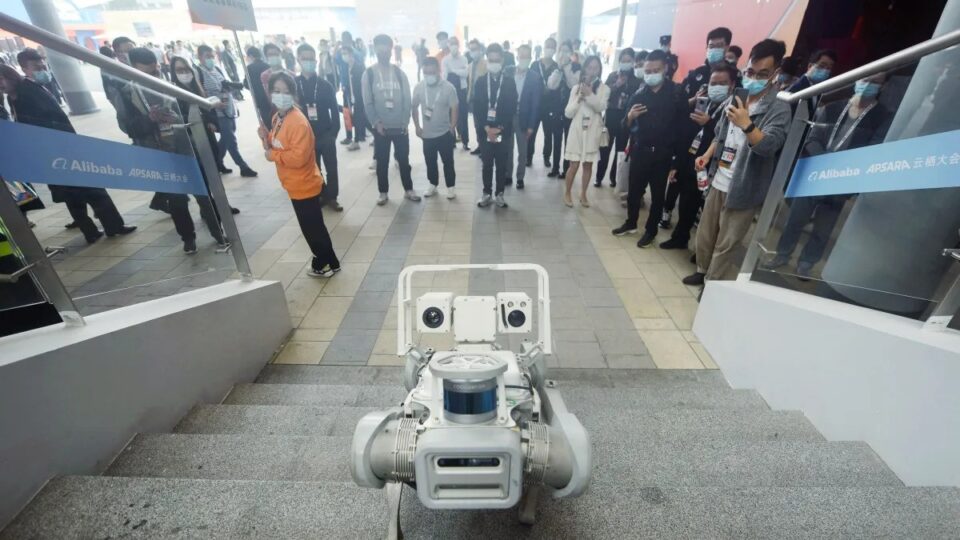Trusted Connectivity: Ensuring Economic Resiliency for a Free, Open, Secure, and Prosperous World
Dr. Kaush Arha
10.10.22
Dr. Kaush Arha is a senior fellow at the Institute for Tech Diplomacy at Purdue and the Atlantic Council and an advisor to Tallinn Digital Summit, Ambassador Tiit Riisalo is Estonia’s special envoy for trusted connectivity, and Mr. Karl-Gerhard Lille is an economic officer at Estonian Ministry for Foreign Affairs.

Trusted Connectivity: Ensuring Economic Resiliency for a Free, Open, Secure, and Prosperous World
By Kaush Arha, Karl-Gerhard Lille, and Tiit Riisalo
As Russia wages unprovoked and illegal war in Ukraine and China threatens the same in Taiwan, the world economy is making unprecedented adjustments. Globalization and globe-spanning supply chains are being reordered to account for security and resilience in addition to efficiency of production. Chastened by its energy dependence on Russia, Europe is keen to inoculate itself against overwhelming reliance on China for critical minerals, products, and processes. The United States and China are actively pursuing policies for selective decoupling across a range of strategic sectors to free themselves from dependencies on the other.
Nations are realigning themselves from relations of economic efficiency to relations of economic trust. The U.S., Europe, G7, and Indo-Pacific Quad nations will prioritize economic relations with nations that can be trusted to abide by rules-based international order. China will attempt to increase commerce with nations that do not challenge its authoritarianism at home or its mercantilism abroad. “The United States will be unabashed in promoting our vision of a free, open, secure, and prosperous world,” proclaimed President Biden at the recent United Nations General Assembly. EU President Ursula von der Leyen in her State of Europe address said Russia’s attempt to destroy Ukrainian self-government necessitates strategic investments in the power of democracies.
“Ideology (is) trumping economy,” laments the president of the European Chamber of Commerce in China. The Chamber’s report observes that the Chinese market is losing its allure and China and Europe are drifting apart. European and U.K. greenfield investments in China fell below $2 billion in the first half of this year compared to $4.8 billion over the same period last year. Chief executives of JPMorgan Chase, Bank of America, and Citigroup testified to the U.S. Congress that they will vacate China, just as they did Russia, if so directed by the government.
Confronted with fast unfolding ruptures in geoeconomics, the United States, Europe, and other free world nations need to articulate a global economic framework that prioritizes economic relations with nations committed to rules-based world order while also contextualizing, not precluding, economic relations with nations holding a different worldview.
Trusted connectivity offers a shared framework for economic interactions for a free, open, secure, and prosperous world. The concept was introduced at Tallinn Digital Summit in Estonia last year to characterize investments across the full spectrum of digital and physical infrastructure but is equally applicable to a wider economic canvas. Trusted connectivity embodies two fundamental attributes of commercial engagement among trusted partners: technical and legal–political assurances. The former guarantee that technology, investment, and commercial arrangements at large adhere to the highest industry standards. The latter ensures that the legal and political systems that inform and govern economic exchanges protect individual rights and freedoms as enshrined in rules-based international order.
Trusted connectivity gives form to the idea of onshoring and friend-shoring of critical manufacturing and supply chains. It anticipates the growth of plurilateral agreements among like-minded nations envisaged by the U.S. Treasury Secretary Janet Yellen to strengthen collective resilience of free world nations from market manipulations and distortions by authoritarian nations for their political ends. It underlies the growing list of multilateral initiatives such as the G7 Partnership for Global Infrastructure Investments, G7 Sustainable Supply Chain Initiative, Indo-Pacific Economic Framework, America’s Partnership for Economic Prosperity, the E.U.’s Global Gateway, and the 2022 Supply Chain Ministerial to a name a few.
The United States’ and Europe’s early actions to address their economic vulnerabilities to authoritarian states have been largely reactive rather than strategic. They must articulate positive and forward-looking systemic strategies for a renewed free world framework. To that end, trusted connectivity offers a working framework to navigate the choppy waters of a global economy caught up in the contest between democracies and autocracies.
Trusted connectivity’s highest value lies in engaging with the Global South. Developing and emerging nations of Africa, Asia, and the Americas have largely been agnostic toward Russia’s invasion of Ukraine and China’s growing threats toward Taiwan and its inhuman treatment of Uyghurs. They appear to be single-mindedly focused on their own economic modernization and prosperity. They prefer economic investments over lessons in democracy and governance. Trusted connectivity delivers free world investments with dual assurances of high industry standards coupled with individual dignity, empowerment, and freedoms. Consequently, trusted connectivity offers clear choices between investments deriving from democracies or autocracies across a range of strategic sectors including health, energy, agriculture, infrastructure, digital, etc.
Trusted connectivity is evolving organically through deliberations among free world leaders at the annual Tallinn Digital Summit in early October. Tallinn offers an advantageous forum to develop shared reference, standards, and vocabulary among burgeoning free world plurilateral agreements prioritizing trusted commercial arrangements. The Tallinn forum is committed to honing trusted connectivity as a pragmatic framework to facilitate coordination, continuity, and consistency across free world plurilateral agreements to prioritize economic security, resilience, and efficiency in global economic relations. Trusted connectivity, akin to democracy, offers an imperfect but useful framework to guide free world economic architecture until a better alternative presents itself.
Dr. Kaush Arha is a senior fellow at the Institute for Tech Diplomacy at Purdue and the Atlantic Council and an advisor to Tallinn Digital Summit, Ambassador Tiit Riisalo is Estonia’s special envoy for trusted connectivity, and Mr. Karl-Gerhard Lille is an economic officer at Estonian Ministry for Foreign Affairs.

